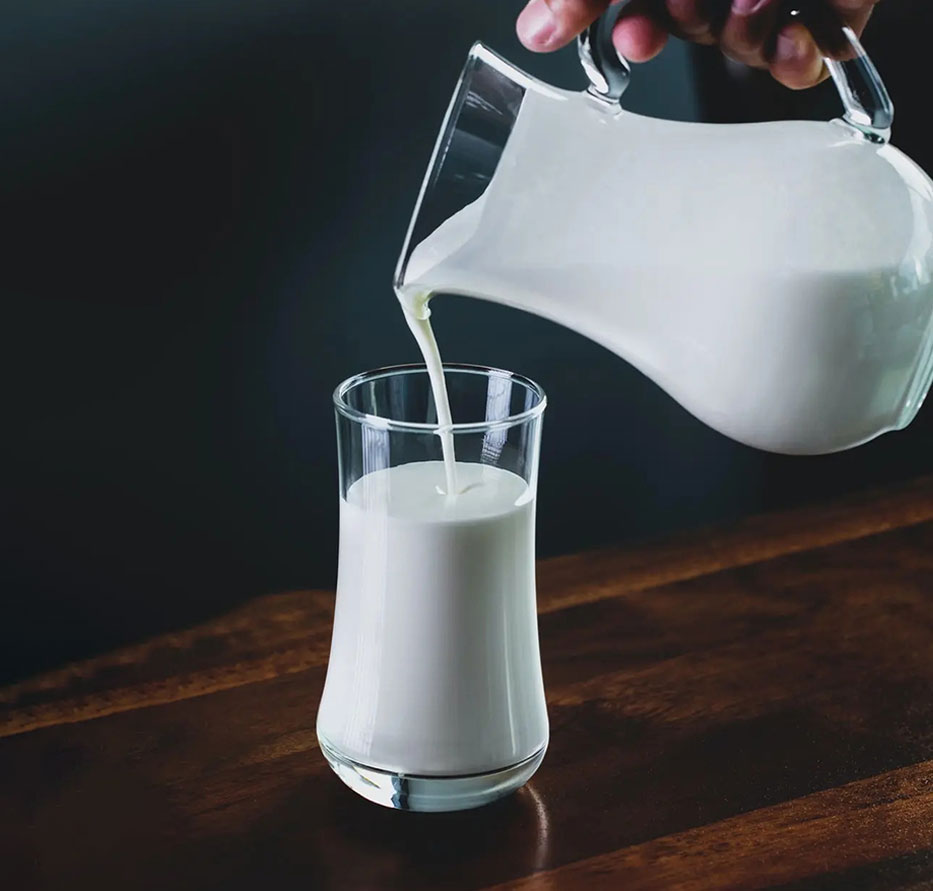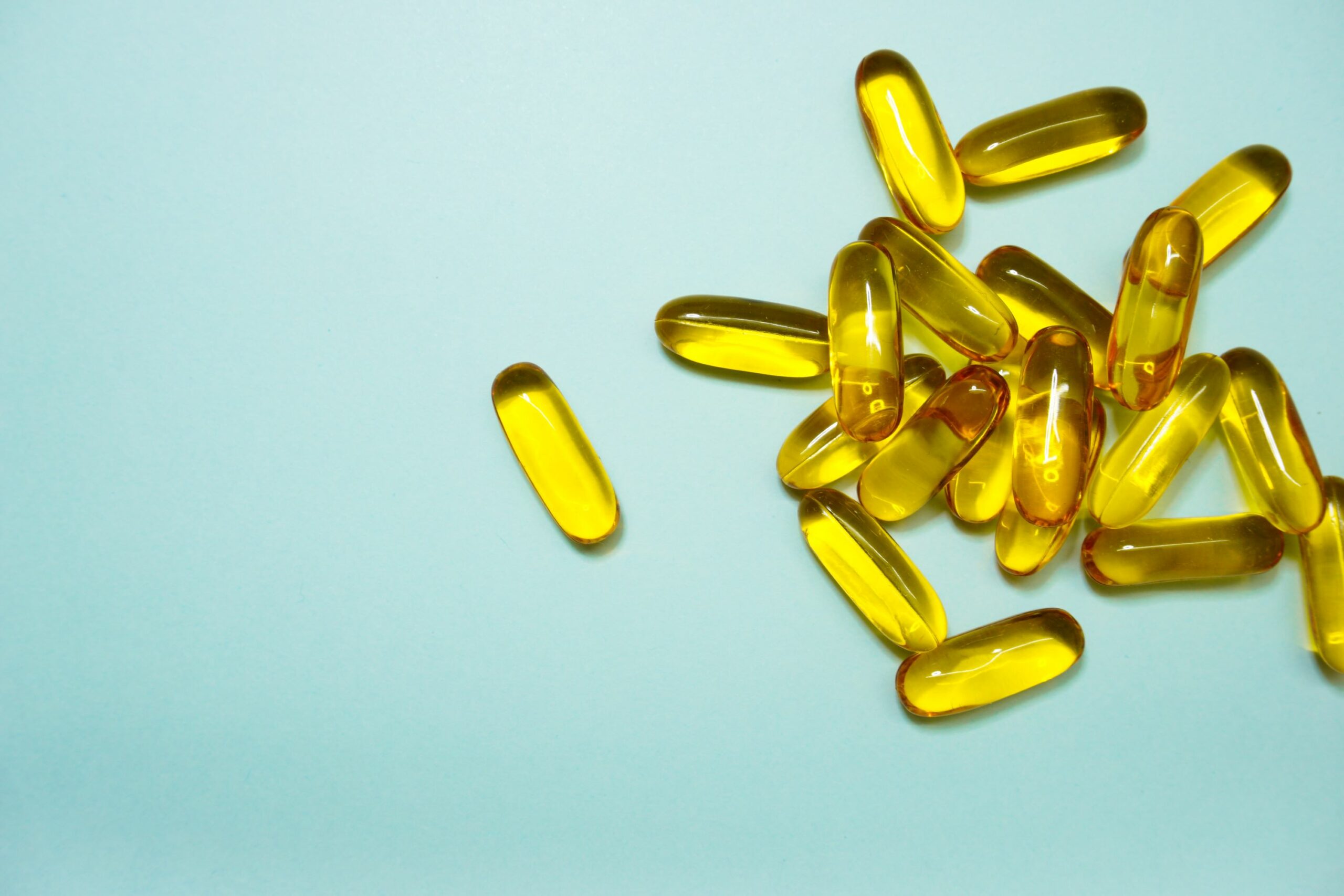
In the UK, a healthy balanced diet means including some dairy everyday. This is because milk and dairy are a great source of protein, calcium, B vitamins and vitamin D. But when we talk about dairy or milk and fertility there are always lots of questions! These range from ‘do I have to go dairy free for fertility?’ to ‘does dairy cause inflammation?’
This article is here to bust myths surrounding dairy and fertility. We aim to give you the knowledge you need to create an optimal fertility diet.
Does dairy cause inflammation?
Firstly, we know that chronic high levels of inflammation can negatively affect fertility. Secondly, this question comes about because we know that dairy contains saturated fat which in some circumstances can be pro-inflammatory. Eating lots of fast and processed foods that contain high levels of saturated fat and sugar for example, can promote an inflammatory environment which can negatively affect fertility.
This however, is not necessarily the same story for dairy. A recent study actually found that eating low fat dairy, full fat dairy and fermented dairy products, is linked with anti-inflammatory effects (1).
Dairy and fertility – does it affect ovulation?
Evidence, both old (2) and new (3, 4) has shown that dairy products support female fertility. Drinking three glasses of milk daily may reduce risk of infertility by 70% compared to not drinking milk (2). There was a higher probability of live birth in women undergoing IVF who consumed more dairy prior to treatment (5)
A major questions is whether dairy can affect reproductive hormone levels. If this was true then dairy could have a major impact on ovulation and fertility. Looking at the evidence, one study found that increasing dairy intake was related to a slight reduction in oestrogen levels. However, this was not related to reduced ovulation (6). Eating diary actually increased levels of LH, the hormone which is essential for ovulation.
Additionally, the largest study to date did not find an association between dairy intake and ovulation problems (3). This study looked at dairy and fertility in nearly 18,000 women.
Is high fat low fat milk better for fertility?
The study just mentioned (3) found no association between total dairy intake and risk of ovulatory infertility. However, they did find differences between full fat dairy and low fat dairy in respect to ovulation. Full fat dairy reduced the risk of ovulatory infertility by 50% whereas low fat milk increased risk by 11%. The suggested reason behind this was that high fat milk produced more oestrogens and contributed to lower increases in IGF1 compared with low fat products.
This suggest full fat is better for women when it comes to dairy and fertility.
The link between dairy, fertility and PCOS?
Dairy milk naturally contains sugar so will trigger an insulin response. Insulin is the hormone that controls our blood sugar levels. People with PCOS are often resistant to the effects of insulin, meaning controlling blood sugar levels is more difficult. This is what can lead to the symptoms and fertility issues experienced by people with PCOS. This is also why a lower carbohydrate and lower sugar diet can support people with PCOS.
When comparing a glass of milk to a high carbohydrate meal, the glass of milk actually has a low sugar content. Dairy has a low glycaemic index, meaning it releases its sugar slowly, leading to a more controlled insulin response.
A recent systematic review has actually found that generally, overall dairy intake, has a beneficial effect on insulin resistance (8).
Very few studies have investigated the effect of dairy in women with PCOS. One small study found that a diet lower in starch and milk products resulted improvements for PCOS. Specially these were an increased sensitivity to insulin and a lower fasting insulin levels in women with PCOS (9).
It is not currently clear whether dairy products have a detrimental or beneficial effect on insulin sensitivity in PCOS (10). However, based on what we do know to date, there is no reason to fully exclude dairy. You may want to consider reducing or eliminating dairy if you have an allergy, are intolerant to dairy or it worsens your PCOS symptoms. Make decisions based on your personal symptoms as opposed to what worked for somebody else with PCOS.
Dairy can be consumed as part of a fertility diet if you suffer with PCOS.
What are the nutritional benefits of dairy?
Cow’s milk boasts an impressive nutritional profile. It contains vitamins B2 and B12, vitamins A and D as well as calcium, iodine, magnesium, zinc and selenium. All of these are an important part of a fertility-promoting diet. It is also an excellent source of high quality protein.
The Bottom Line
At present there is no scientific evidence to suggest that including dairy may have a detrimental effect on fertility. If you have further concerns or question, we recommend seeking the advice of a Specialist Fertility Dietitian or Nutritionist. They will also be able to advise you on optimising your overall dietary pattern for fertility.
For more evidence based information about fertility and diet check out our comprehensive online fertility nutrition course Fertility Food Formula.



